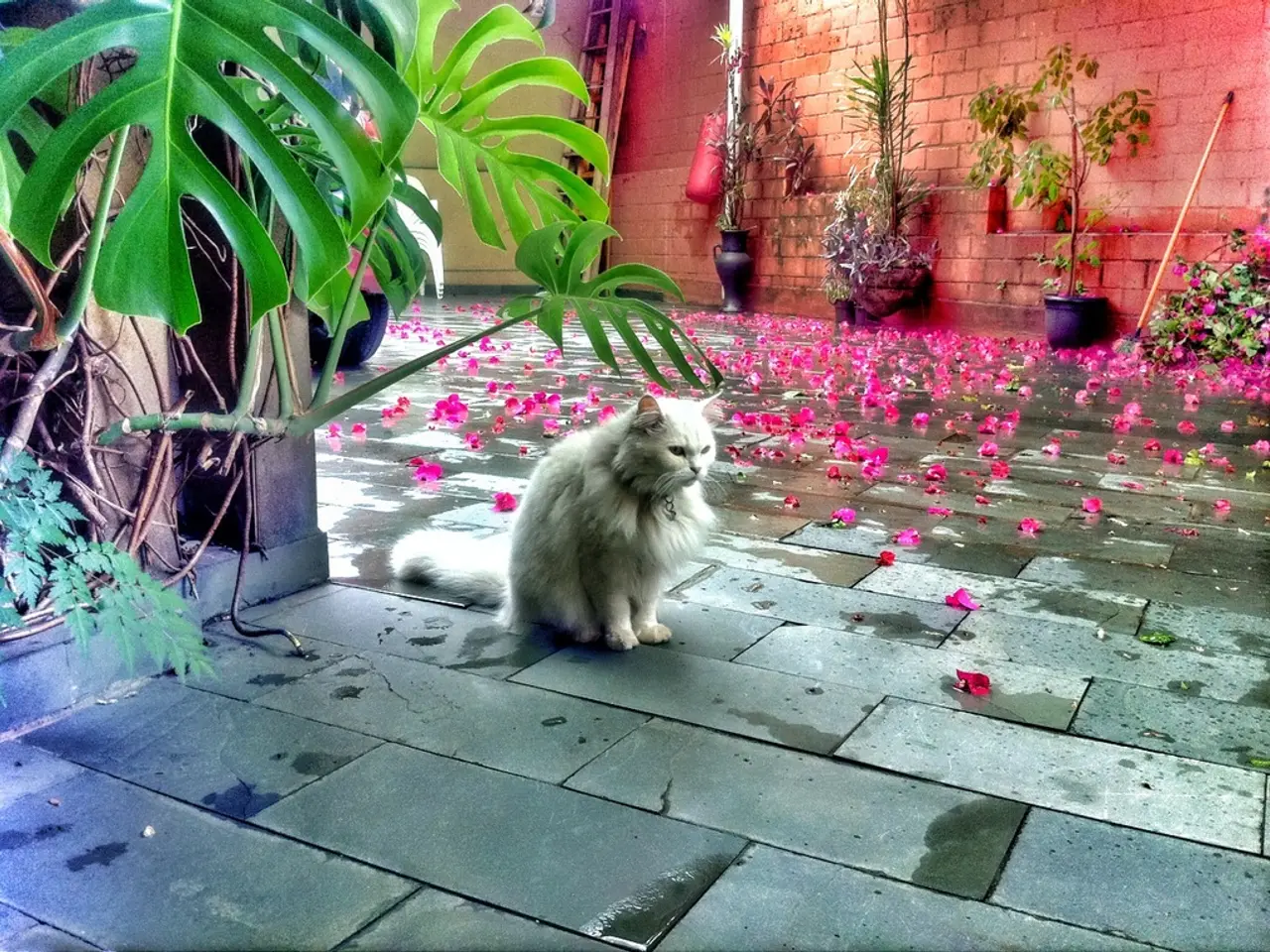Caring for Aged Feline Friends: 32 Essential Tips
In their golden years, senior cats may face various challenges, from mobility issues to changes in behaviour. To help them live long, healthy, and happy lives, it's essential to create an environment that caters to their physical, mental, and emotional needs.
Provide a Calm, Predictable Environment
Senior cats are less tolerant of changes, loud noises, and disruptions. Creating a quiet, safe space where they can rest undisturbed and keeping routines consistent can reduce stress, especially if vision, hearing, or cognitive decline occurs.
Make Them Comfortable
Offer plenty of soft, warm bedding with good cushioning to support aging joints. Heated beds or pet-safe heating pads wrapped in blankets can soothe aches. Place resting spots in easily accessible locations, such as near windows for mental stimulation and low to the ground to avoid jumping.
Support Mobility
Help your cat navigate the home by providing ramps or steps to favourite high perches, low-sided litter boxes to ease entry, and non-slip rugs on slippery floors. Elevated food and water bowls can reduce neck and joint strain.
Encourage Gentle Activity and Mental Stimulation
Maintain play and exercise to keep muscles flexible and help manage weight. Adapt play to their physical capabilities and provide toys to stimulate their minds, which can slow cognitive decline.
Maintain a Healthy Diet Tailored to Senior Needs
Discuss diet with a veterinarian to find appropriate food that may include higher fiber, lower carbohydrates, and moisture-rich foods to support digestion, kidney health, and weight management. Avoid overfeeding to prevent obesity-related issues such as diabetes.
Routine Veterinary Care
Biannual vet visits are recommended for senior cats to monitor organ function, dental health, weight, mobility, and vaccinations. Early detection of health problems is key to effective management.
Reduce Environmental Stress and Hazards
Remove obstacles and hazards like loose rugs, and keep all essentials (food, water, litter box, bed) close together in an accessible area to minimize the physical effort needed for daily activities.
Consider Supplements and Oral Hygiene
Natural supplements that support joint, gut health, and calmness may help aging cats. Prioritize oral hygiene to prevent dental disease, a common issue in older cats.
Monitoring for Signs of Cognitive Decline
Monitoring for signs of cognitive decline in senior cats is important, as cognitive dysfunction syndrome can occur. Speaking to a vet about treatment options for lowering senior cat's anxiety is recommended.
Using Wet Food
Using wet food can increase the flavor and aroma of senior cats' meals and encourage them to eat. Maintaining a schedule of gentle, light exercise can help senior cats maintain muscle mass and improve their quality of life.
Adopting a Companion
Adopting a compatible cat into the home can provide companionship for senior cats. Introducing changes into senior cats' lives slowly is important.
Together, these tips create a supportive environment that addresses the physical, mental, and emotional needs of senior cats, helping them enjoy their golden years with comfort and well-being.
Ensure you provide a variety of pet-safe treats and toys to stimulate your senior cat's mental health and promote a sense of security, as they help alleviate signs of anxiety and boredom.
Optimize grooming routines to minimize discomfort and stress; brushing their fur regularly keeps it healthy and reduces the risk of hairballs, while monitoring for any unusual lumps or bumps.
Stay informed about the latest health-and-wellness research dedicated to senior pets, as it may uncover new scientific breakthroughs that improve their quality of life.
Consider seeking professional behavioral advice if your cat exhibits persistent changes in behavior, as understanding the root cause can lead to more effective solutions.
Inoculate your senior pet against illnesses, including regular vaccinations and vaccination boosters to protect their health.
Incorporate daily exercises to help improve your dog's muscle strength, joint mobility, and overall physical health, such as gentle walks, play, or interactive playthings.
Support the success of your efforts by remaining patient and understanding as your elderly pet learns to navigate its new, improved environment with all the provided care.




